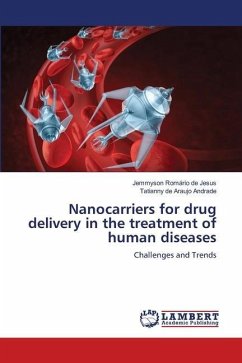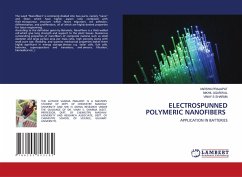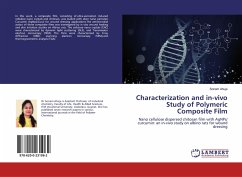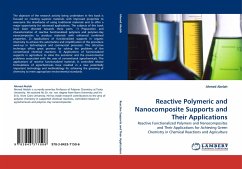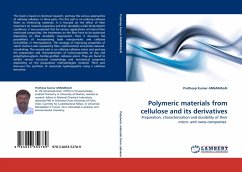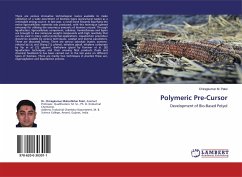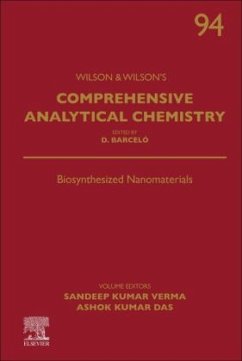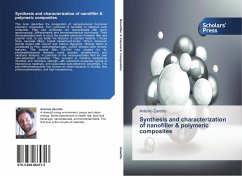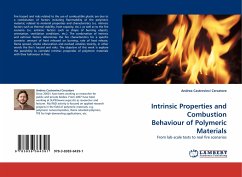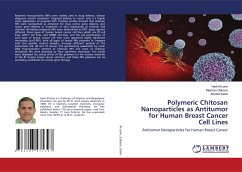
Polymeric Micelle Nanocarriers
for the Treatment of Disseminated Candidiasis
Versandkostenfrei!
Versandfertig in 1-2 Wochen
45,99 €
inkl. MwSt.

PAYBACK Punkte
23 °P sammeln!
Revision with unchanged content. The potential of polymeric micelles formed from biocompatible or generally regarded as safe (GRAS) materials as sustained release nanocarriers for amphotericin B has been evaluated in this dissertation as further development can proceed without an explicit concern for biocompatibility which may slow progress of particulate carriers prepared from novel synthetic polymers. PEG-phospholipid (PEG-DSPE) micelles clearly prevented AmB induced toxicity pointing to stable drug incorporation, in vitro. However, drug release and absorption kinetics revealed that AmB was ...
Revision with unchanged content. The potential of polymeric micelles formed from biocompatible or generally regarded as safe (GRAS) materials as sustained release nanocarriers for amphotericin B has been evaluated in this dissertation as further development can proceed without an explicit concern for biocompatibility which may slow progress of particulate carriers prepared from novel synthetic polymers. PEG-phospholipid (PEG-DSPE) micelles clearly prevented AmB induced toxicity pointing to stable drug incorporation, in vitro. However, drug release and absorption kinetics revealed that AmB was rapidly dissociated from PEG-DSPE micelles in serum albumin, a likely situation in vivo. Cholesterol co-incorporation influenced properties of PEG-DSPE micelles and slowed AmB release in serum albumin raising promise as long circulating carriers for AmB delivery. Further, AmB in PEG-DSPE micelles was stable in saline when combined with 5-fluorocytosine and solubilized rapamycin. Hence, PEG-DSPE micelles represent an interesting alternative to deoxycholate-AmB, particularly in combination therapy involving AmB with optional continuous infusion or sodium supplementation.



